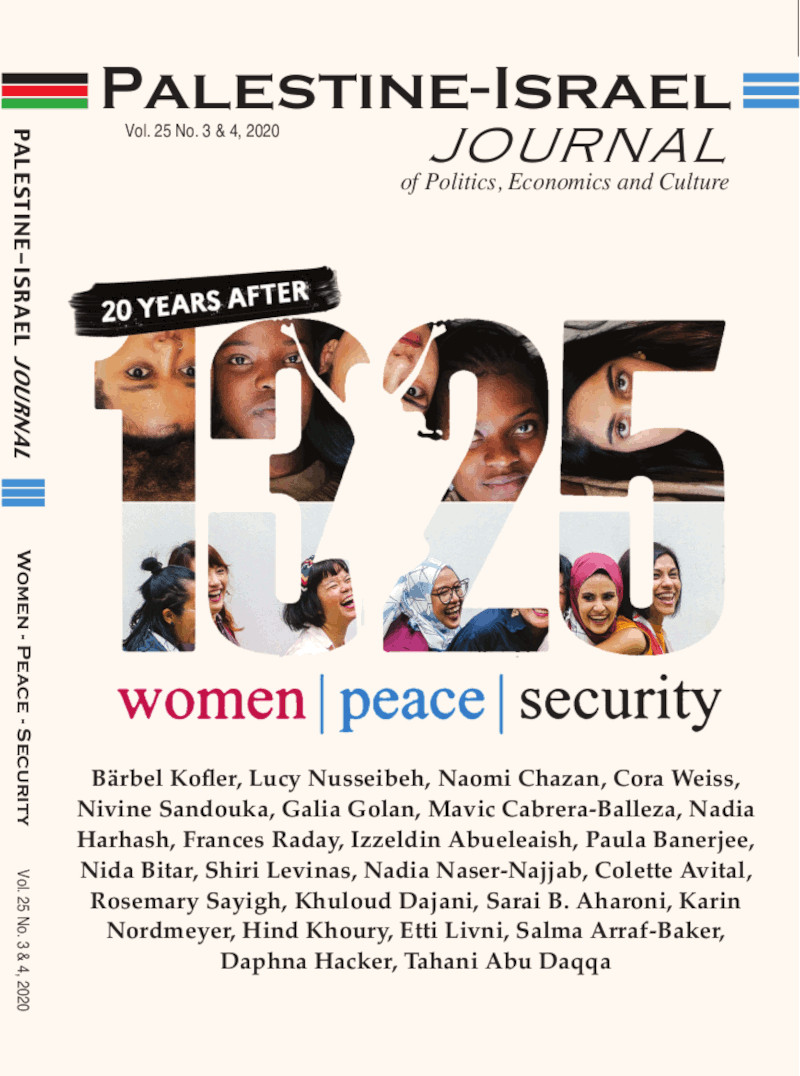It’s been 20 years, and “1325” are perhaps the best known numbers among the thousands of UN resolutions.
It all started when Sanam Anderlini, a young woman who worked at International Alert in London, came to The Hague Appeal for Peace conference in May 1999. An informal group of women met to talk about women and peace, and Sanam suggested that we make a proposal to the Security Council, which had previously passed a resolution on children. At a follow-up meeting in June 2000, a handful of us met at UNIFEM, which since has become UN WOMEN, and drafted what became United Nations Security Council Resolution 1325.
UNSCR 1325 on women, peace and security, adopted 20 years ago, has been translated into over 60 languages and is likely the most widely known resolution of the UN body responsible for “maintenance of international peace and security.” Why? Because we won’t let them forget it. Because we celebrate every year, take stock of where we are and where we need to be. Of the 193 member states, 52 are represented by women ambassadors. It has taken 75 years to get to those numbers.
Article 25 of the UN Charter says that “the Members of the United Nations agree to accept and carry out the decisions of the Security Council in accordance with the present Charter.” That makes 1325 international law; all member states are legally bound to implement it. It gives us, women, civil society, hopefully men as well, the right to implement the three Ps: participation of women at all decision-making levels, prevention of violent conflict, and protection of women and girls during violent conflict. I would like to say at this moment in history that we don’t have just the right to these but an obligation.
But are the women ready to prevent violent conflict? Will they all assure us that women, not a woman, will participate at peacemaking tables, decision-making tables? Are we training women around the world in applying the asks of 1325 to the local level of governance, the state level, and not only in nations at war but in every nation?
I would like to see schools that teach the Constitution and other laws and policies of their countries, include teaching 1325 in their curriculum. I would like to see them ask students how it can and should be implemented in their countries and local communities.
Students at all educational levels should learn how this resolution came about — that it was civil society women, meeting in The Hague in 1999, who proposed the idea; that civil society women sat at the table with women from UNIFEM to draft the resolution; that women lobbied the Security Council member states to adopt it.
Today, women have the right to vote but not the right to equal pay for equal work. We have a long way to go before we are sitting, not as one woman but as women, at the tables where decisions about war and peace are made. One woman does not women make. To implement 1325, we need to teach mediation and other forms of prevention of violent conflict.
We also need to move beyond tokenism and commit to representing women in all their diversity. If I may say so, it takes more than ovaries to be a peace-and-justice-conscious woman. It takes women who care about bringing peace and justice to their countries, to their people; women who care about the environment and the future of the planet; women who would take action to prevent the existential threats of the “apocalyptic twins”: nuclear weapons and climate change. The full implementation of 1325 will contribute to the diminution of inequality in the world that keeps women poorer and leaves them more vulnerable to illness and less educated. We need to convince governments at all levels to work for the elimination of all forms of inequality in the world: gender, economic, racial, religious, and any other. The challenges can be met in all forms of culture and educational systems.
1325 is a terrific base. It can be applied to nearly any situation or issue and helps understand and resolve them in ways that take into account the complexities of gender roles and norms that contribute to a lasting peace. But it must grow as conditions develop, so we will teach it, encourage people to suggest how to implement it, and, as it becomes possible, be sure to include respecting it in constitutions of states.
1325 is a universal resolution. It has been translated into Hebrew and Arabic. It should be available to be read and discussed in Israeli and Palestinian schools and communities.

